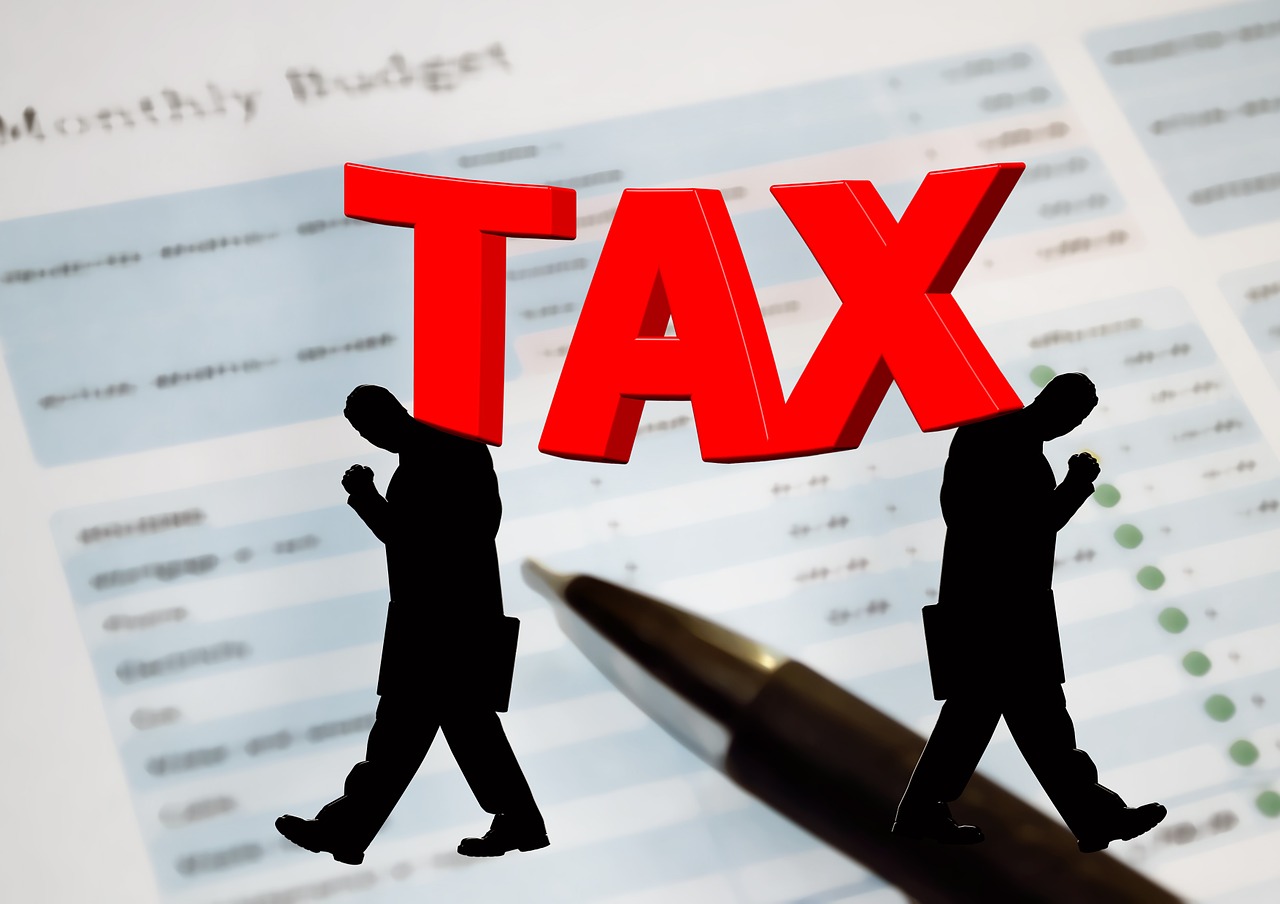Dr. Biodun Adedipe, Chief Consultant of B. Adedipe Associates Limited, stated that Nigerian manufacturers face approximately 74 different taxes from their factory to the market and down to the final consumer.
Adedipe made the announcement during this year’s edition of the FirstBank Nigeria Economic Outlook.
He also used the occasion to call on the federal government to take action to improve the ease of doing business in order to make the country more globally competitive.
He emphasized that such an operating environment impedes the ease of doing business and must be addressed by the government, ideally by the incoming administration.
Adedipe stated that increased manufacturing and focused export will help stabilize the naira exchange rate.
Forecast on inflation and MPR
According to him, inflation is expected to moderate but remain in the double digits at 17.76%, while monetary policy normalization could begin as early as Q2’2023 but is assured for H2 with a downward adjustment of MPR certain for H2 at 13.5%.
Government expenditure
He said economic stakeholders need to engage the Federal Government to begin to look at expenditures differently.
If 50% of our population is below 18 years of age the question will be that investment in education and health should be treated as social capital.
Maybe we should be looking at current expenditure and break it into components, the potion that relates to education and health will be treated as social infrastructure and taken as investment, maybe when we begin to do things that way and also deal with curriculum and ensure that it allies also with work so that we will be producing graduates that fit into the needs of industries, he said.
Oil price
Adedipe noted that Nigeria has not been able to take advantage of the favorable crude oil price trend because of weak production and export in 2021 and 2022 which have been particularly bad.
The resulting fiscal trouble is manifest in an inability to generate enough revenue to meet maturing obligations and a significant portion of revenue going into debt servicing and repayment obligations.
It is obvious then where the solution to Nigeria’s fiscal woes lies is to produce/export more hydrocarbons (until non-oil revenue becomes strong enough to sustain fiscal needs) and courageously address the cost of governance, he said.
Global energy crisis
On the likely impact of the global energy crisis if Russia and Ukraine’s war continues, and how it will affect Nigerian businesses, Chief Analyst / Founder, Mr Ugodre Obi-Chukwu stated that with oil prices at around $83 per barrel, Nigeria is slightly above her benchmark, which will not translate to enough savings for the country’s external reserve this year.
He also mentioned that there is a risk that Russia will sell more oil to India and most Asian countries this year, affecting Nigeria’s sales in that region.
Let us remember that India is Nigeria’s top oil purchaser, India buys most of Nigeria’s oil and guesses what is happening now, the like of India, and most Asian countries, even China is asking Russia for discounts because of the high demands they make.
These discounts they are asking for also have implications for us in Nigeria which means that our oil prices could also suffer or we might offer some kind of discount so that we can sell our crude.
We still face issues with oil production. We are not even anywhere close to the OPEC quota, that we’ve been given, and we still have our internal struggles. I think that we won’t see a lot of changes when it comes to Nigeria with Russia and the Ukraine war.
I think it’s likely going to be the same because even when the oil price was about 100 dollars, we didn’t gain much from it in this country because we have our internal issues, but let’s even assume that we go past our internal issues what we would tend to see is, perhaps, is that government revenue will inch up bit higher, but oil prices will likely remain at $83. So I don’t see any major impacts for Nigeria, he said.
Looking back at 2022, Mr Ini Ebong, Executive Director of Treasury, and International Banking, at First Bank of Nigeria Limited, stated that many developments around the world fiercely challenged any gains made from the major recovery from the effects of COVID-19 in 2021.
According to Ebong, these developments will make 2022 a turbulent year for many businesses and nations, as the global economy, for example, will experience all-time high inflation rates and unabated increases in high costs of living and doing business.
The Russian-Ukraine War, which persists, created trade tensions across the globe just as the fourth wave of the COVID-19 – Omicron Variant – that surfaced towards the end of 2021, has continued to generate increasing concerns with alarming statistics, he said.
Rising monetary policy rates
He noted that in Nigeria, rising monetary policy rates, an increasing debt portfolio, volatile crude oil revenue, and brain drain due to talent emigration, amongst other factors, have served as a wake-up call for proper dimensioning of issues to drive fiscal and other policies that will be instrumental in ensuring previous years’ gains are sustained and the economy wades through the seemingly consistent challenges.
2023, being an electioneering year has increased the chances of macro and micro economic challenges that may exacerbate the attendant hiccups of changes in political administration, especially at the federal level, he said.











